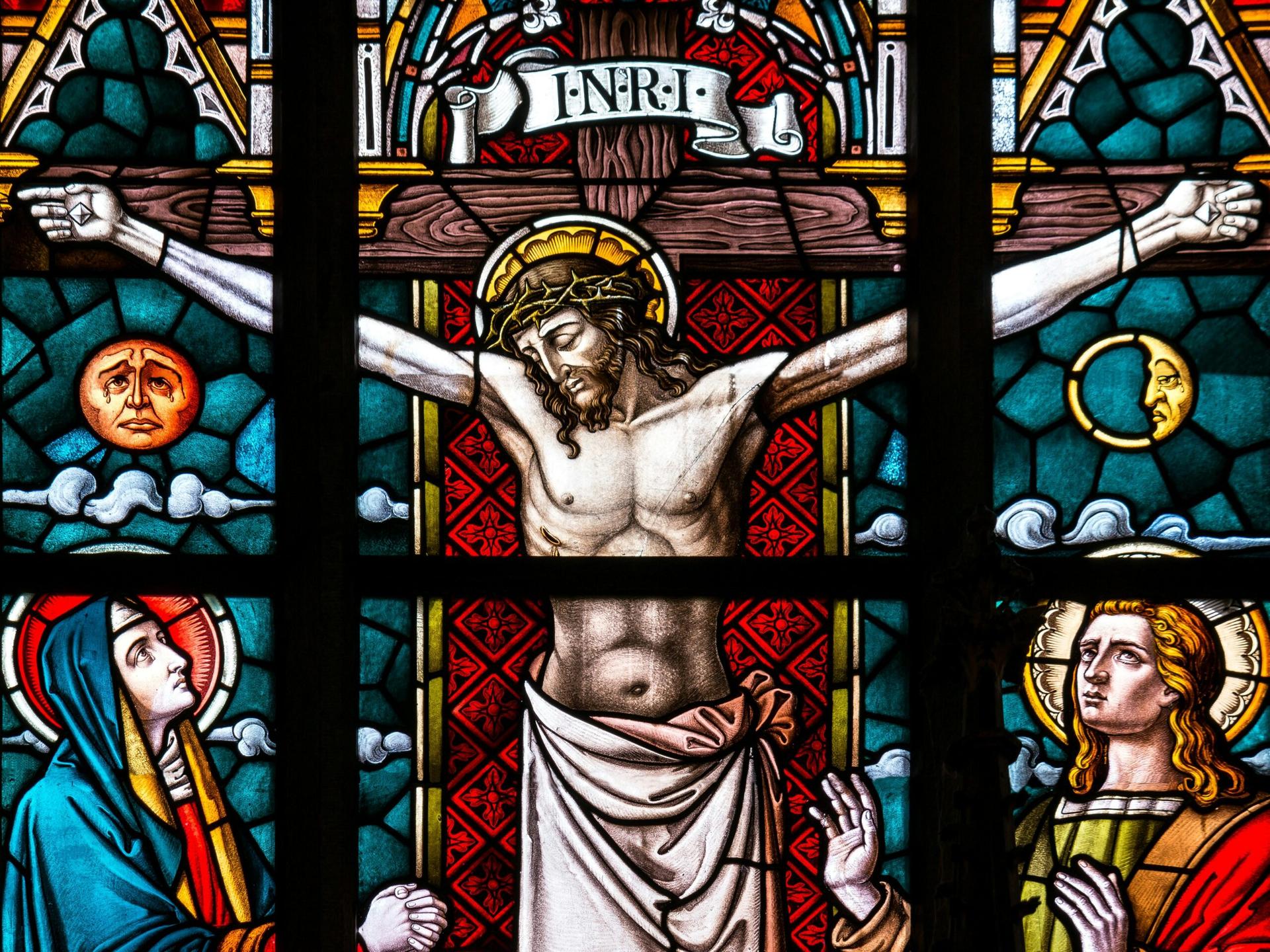It’s easy to say we trust someone, even God. The real test to such a claim is whether or not we are willing to suffer and endure hardship for the sake of the one we claim to trust. There is no greater credibility than suffering. This is true in many relationships. It’s true of our relationship with God.
In a fallen world that oftentimes betrays the fruits of God’s spirit, we must be willing to die to ourselves and our wayward desires and wants if we are going to truly live the abundant life of Jesus Christ. We see this call to self-abnegation in many areas, especially in the call to prayer.
The Catechism of the Catholic Church teaches: “Filial trust is tested – it proves itself – in tribulation.”
While there are many expressions of prayer – adoration, contrition, thanksgiving, and supplication – and many forms of prayer – vocal, meditative, and contemplative – the struggle with prayer seems most concentrated in the area of petition and intercession.
We turn to God in our need, and we ask for help, and yet he seems absent, removed, or disinterested. We beg for his presence and providence, and nothing seems to happen, or things apparently get worse. It is in these moments that our faith is most tested, and our struggles are most acute.
The Catechism observes: “The principal difficulty concerns the prayer of petition, for oneself or for others in intercession. Some even stop praying because they think their petition is not heard.”
In response to such disappointment and desolation, we are challenged to go deeper and exercise an even greater faith. The Catechism tells us: “Here two questions should be asked: Why do we think our petition has not been heard? How is our prayer heard, how is it ‘efficacious’?”
And even more to the heart, the Catechism asks: “Why do we complain of not being heard?”
The Catechism is calling us to step back and attempt to see the bigger picture. We are invited to recognize that more is happening than what we can see, perceive, or understand. Simply because something is not answered when and how we want, does not mean that the petition has gone unanswered. God is working and oftentimes we only see the results of his work later.
Such an observation requires faith, even the most sincerest of faith: “Lord, I believe, help my unbelief.”
We open our hearts to God and express our hurts and disillusionment. We ask him to strengthen us so that we can trust in his providence, even when we can’t see it.
The Catechism teaches: “In the first place, we ought to be astonished by this fact: when we praise God or give him thanks for his benefits in general, we are not particularly concerned whether or not our prayer is acceptable to him.”
When our understanding of prayer is elevated and we realize that prayer is union with God and our prayer becomes expressions of praise and thanks, we aren’t as obsessed with getting what we want and when we want. Our hearts are filled, and we rejoice to be with God. We know that whatever happens, or doesn’t happen, he is with us, and we are with him. It is this union of prayer that is our foundation and our focus.
The Catechism continues: “On the other hand, we demand to see the results of our petitions. What is the image of God that motivates our prayer: an instrument to be used? or the Father of our Lord Jesus Christ?”
In this teaching, the Catechism goes right to the heart of the matter.
If our prayer and our relationship with God is just about trying to gett what we want (however good we think it is) and then using God – or even attempting to manipulate or overwhelm him – than we are not truly praying. We are attempting to bully God and force him into some type of quid-pro-quo that he never promised.
If our prayer, however, that shaped by the prayer of the Lord Jesus and we approach God as our loving Father, than we can make our petitions and then surrender to the goodness of his divine will. We know that God will take care of us and that his will is infinitely better than our own. God sees more and knows more than we do and he will do what is the absolute best for all, even if this sometimes includes suffering and hardship in this life.
Trust is not easy to live. It is sharpened by suffering. Prayer teaches us this valuable lesson and opens the door for us to truly trust and rely on God.
For spiritual help and resources on prayer, visit Daily Discipleship with Father Kirby.













